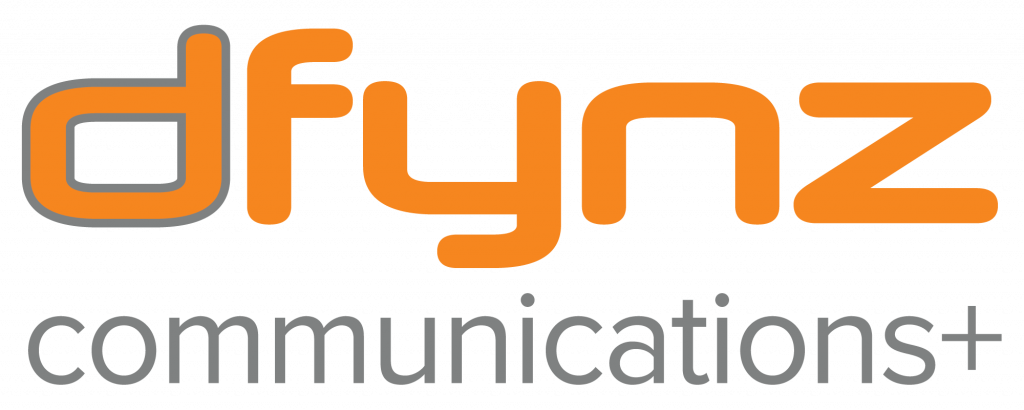Whether you are a seasoned executive or spokesperson, or it’s your first time speaking with the press, common mistakes are often made before you even begin speaking with a reporter. These errors will quickly derail the interview, impede your ability to stay on point and potentially result in you saying something you regret. The end result is a waste of time, an embarrassing quote or just being left out of the article. Let’s look at these common errors and the fixes you can make:
Winging it: Subject matter experts often come to the media table very confident in their knowledge of a given topic. The problem arises when you offer too much and never get to your point or actually say the most important points that you wanted to articulate. You and the reporter have both drowned in an ocean of information, when sips of information are what will nurture the conversation. Take some time to prepare your talking points and make sure that they are relevant to the exact topic that you will be discussing with the journalist.
Asking for questions ahead of time. There are two people that cringe at this request; your PR person and the reporter. PR pros are often put in this uncomfortable spot knowing that reporters really hate sending questions in advance. Reporters may begrudgingly comply and send questions in advance to make the conversation start off smoothly, but don’t expect reporters to keep to those questions. As with anything, there are exceptions such as a difficult or new topic for the writer or a time-zone issue.
Assuming too much. We know what can happen when assumptions are made… As you get ready for any interview, there are several assumptions you should never make. First, don’t assume that you are the most important person being interviewed, because there are others who can take your spot if you aren’t flexible or available. Second, don’t assume that the reporter knows everything about your business. Truly, there are people on your floor, just a few offices down the hall, that don’t understand exactly what it is you do. So, you may need to tailor your talking points based on the reporter’s experience. Contrasting that, don’t assume that the reporter knows nothing. You should always enter into any conversation with the media considering that they did their homework and may ask you a question that you were hoping to avoid. Be prepared for anything that could possibly come up in the interview.
Thorough preparation, getting background on the reporter you will be speaking with, being conscious of their knowledge and their sources relating to you, your business or industry will help you and the reporter. Ultimately, you don’t want to just get through the interview, you want to make the most of your time speaking with journalists, which can foster the relationship and help your organization.
Have a topic you would like me to address? Please email me [email protected]
